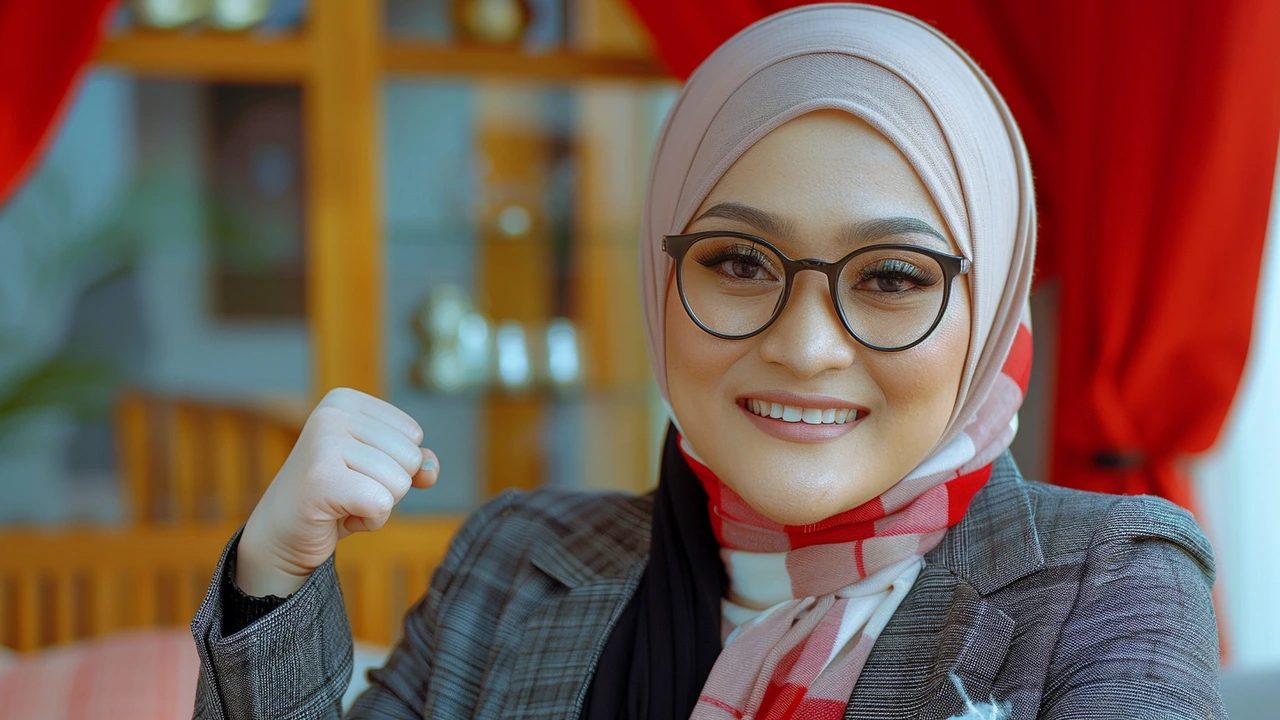Uluru Statement from the Heart — what it asks and why it matters
The Uluru Statement from the Heart is a plain call from First Nations people for a better way forward. Released in May 2017 at a national convention in Uluru, it asks Australia for three things: a constitutionally enshrined Voice to Parliament, a Makarrata Commission for treaty-making, and truth-telling about our shared history. Those asks are short but powerful — they aim to give Indigenous people a permanent, respectful place in decisions that affect their lives.
The statement came after wide consultation with hundreds of Indigenous communities. It’s not a political slogan; it’s the outcome of years of listening and working together. The Voice would be an advisory body that speaks to Parliament and government on laws and policies affecting Aboriginal and Torres Strait Islander people. The Makarrata idea focuses on negotiated agreements and a national process to face past injustices honestly.
What the Uluru Statement asks for
First, the Voice to Parliament: a representative body enshrined in the Constitution so it can’t be easily removed. Second, treaty-making: agreements between governments and Indigenous nations that set out rights, responsibilities and resources. Third, truth-telling: public processes that record and share honest histories about colonisation, violence and dispossession. These elements aim to shift the relationship from one-side decision-making to meaningful consultation and healing.
In 2023, Australians voted in a referendum on a proposed Voice model and the proposal did not pass. That result didn’t end the conversation — it changed how people are talking about the approach, timing and detail. Many Indigenous leaders and community groups are still pushing for meaningful reforms, while governments and civil society explore alternative or incremental paths forward.
How you can learn, engage and help
Want to support progress? Start by listening. Read the Uluru Statement in full, attend community events, and follow Indigenous-led media and organisations. Ask local Indigenous-run groups how you can help — donate, volunteer or amplify their voices online. When policy debates happen, contact your federal and state MPs and ask for clear steps toward justice, not vague promises.
In everyday life, support truth-telling by encouraging schools, libraries and cultural centres to include accurate Indigenous histories. Vote in elections with these issues in mind. If a future referendum or formal process comes up, take time to understand the exact proposal rather than general slogans. Trusted sources matter: look for statements from Indigenous leaders, community organisations and independent experts.
The Uluru Statement matters because it shifts the question from charity to partnership. It asks for structures that respect First Nations people as decision-makers, not just stakeholders. That’s why the debate continues — it’s about practical changes that affect real lives. If you care about a fairer Australia, learning the details and supporting Indigenous-led plans is the best place to start.

